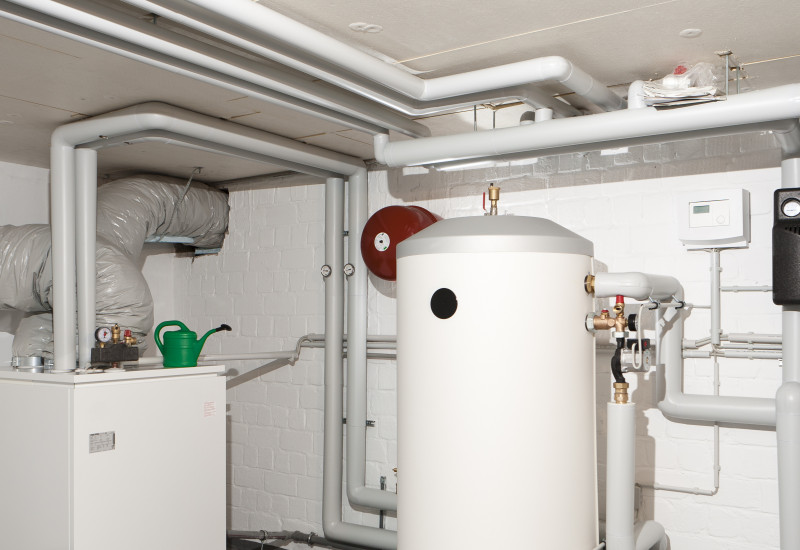Up-to-date and quality controlled data on the development of renewable energies in Germany are an important basis for the evaluation of Germany’s energy transition. The Working Group on Renewable Energy Statistics (AGEE-Stat) provides this data for international reporting obligations as well the interested public. read more
renewable energies
News on Climate | Energy
Renewable energies continue to pick up speed in 2023
The total share of renewable energies in energy consumption (electricity, heat and transport) rose to 22 per cent in Germany in 2023. In 2022, this share was at 20.8 per cent. This positive development was the result of a growth of renewables in the electricity and heat sector while overall energy demand declined. read more
Climate | Energy
Heat pumps
Heat pumps are coming into increasing use for heating of buildings and for hot water production in commercial as well as industrial applications. Heat pumps use natural heat in a very energy-efficient way. read more
Climate | Energy
Guarantees of origin for renewable energy sources
The market share of green electricity has increased dramatically in recent years in Germany. Electricity consumers need to be confident that the green electricity they pay for does in fact come from renewable sources. Guarantees of origin (GO) prove the origin of renewable energy in a transparent way and provide electricity consumers the necessary reliability. read more
Climate | Energy
Renewable energies
What is renewable energies’ share in electricity production? How can we use biomass sustainably? How do the European mechanisms to promote renewable electricity generation work? What do we need to bear in mind when we burn wood on open fires or in stoves? read more
Umwelt-Indikator
Indicator: Share of renewables in gross electricity consumption
The share of renewable energies in gross electricity consumption rose from 6.3% to 52.5% between 2000 and 2023.The German Renewable Energy Sources Act (EEG) stipulates that the share of renewable energies should increase to at least 80% by 2030.If Germany fulfills its ambitious expansion targets for new photovoltaic and wind power plants over the next few years, this goal is within reach. read more
Indicator: Share of renewables in gross final energy consumption
Gross final energy consumption includes all types of final energy consumption by end consumers, including electricity, district heating, fuels and fuels for heat generation.As part of the updated EU Renewable Energy Directive (RED) targets, the German target has been set at 41% by 2030.Achieving this target will require new measures and a significant acceleration in the expansion of renewable ener... read more
Indicator: Greenhouse gas emissions avoided by renewable energies
Renewables are increasingly replacing fossil fuels in the fields of electricity, heat and transport.More than three quarters of the emission reductions were achieved in the electricity sector.The Federal Government intends to considerably expand the share of renewables to further reduce greenhouse gas emissions. read more








